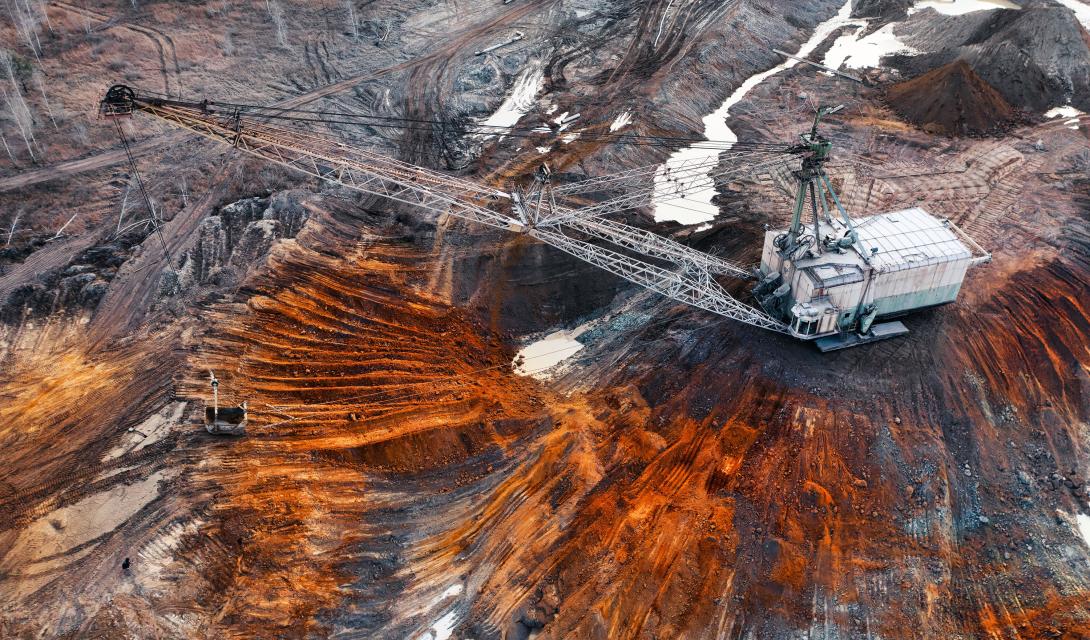China’s Supplies for U.S. Missiles and Radars
China is the world’s largest producer of rare earth elements. It controls an average of 70% of total global production, according to the American Chemical Society. This group of 17 chemically similar minerals is crucial for a wide range of applications in defense.
Neodymium: Used in the production of permanent magnets that are essential for modern aircraft, missile guidance systems and other defense applications. Its price nearly tripled in one year to $130/kilogram in 2022, according to U.S. Geological Survey (USGS) data.
Praseodymium: Often found and used in conjunction with neodymium in the creation of high-strength permanent magnets. It plays a role in space equipment.
Dysprosium: Used to enhance the properties of neodymium-based magnets, making them resistant to demagnetization at high temperatures. It’s also employed in data storage devices and lasers, according to the USGS. This is crucial for military hardware that may operate in extreme conditions.
Samarium: Used in samarium-cobalt permanent magnets, which, while not as powerful as neodymium-based magnets, can operate at higher temperatures. Samarium is also used in nuclear reactors as a neutron absorber.
Europium: Used in nuclear control rods, as well as phosphors for lighting and displays, including those found in military hardware and electronics.
Terbium: Like dysprosium, terbium can be added to neodymium magnets to improve their high-temperature performance. It’s also used in solid-state devices and in lasers.
Yttrium: Essential for a range of high-tech applications, including the production of garnets for radar and other electronic applications. The United States imports 100% of Yttrium from China, Germany, Korea and Japan, according to the USGS.
The West is constantly reminded that China sees these supplies as a political leverage.
“Chinese President Xi Jinping has raised the specter that China could potentially cut off supplies of critical materials needed by huge swaths of the U.S. economy, underscoring growing concerns that large-scale economic integration is boomeranging and becoming a geopolitical weapon,” according to a recent analysis by Foreign Policy, an international relations journal. China’s might in this field is comparable to the weight the United States carries in financial markets, especially when looking into economic sanctions.
While these elements are decisive, it’s important to note that the strategic significance of any given rare earth can change with technological advancements and shifts in military hardware requirements. The defense industry, recognizing the strategic importance of these materials and the supply risks associated with relying heavily on one adversarial nation, is exploring alternative sources, recycling methods and even substitute materials to mitigate potential supply disruptions.






Comments